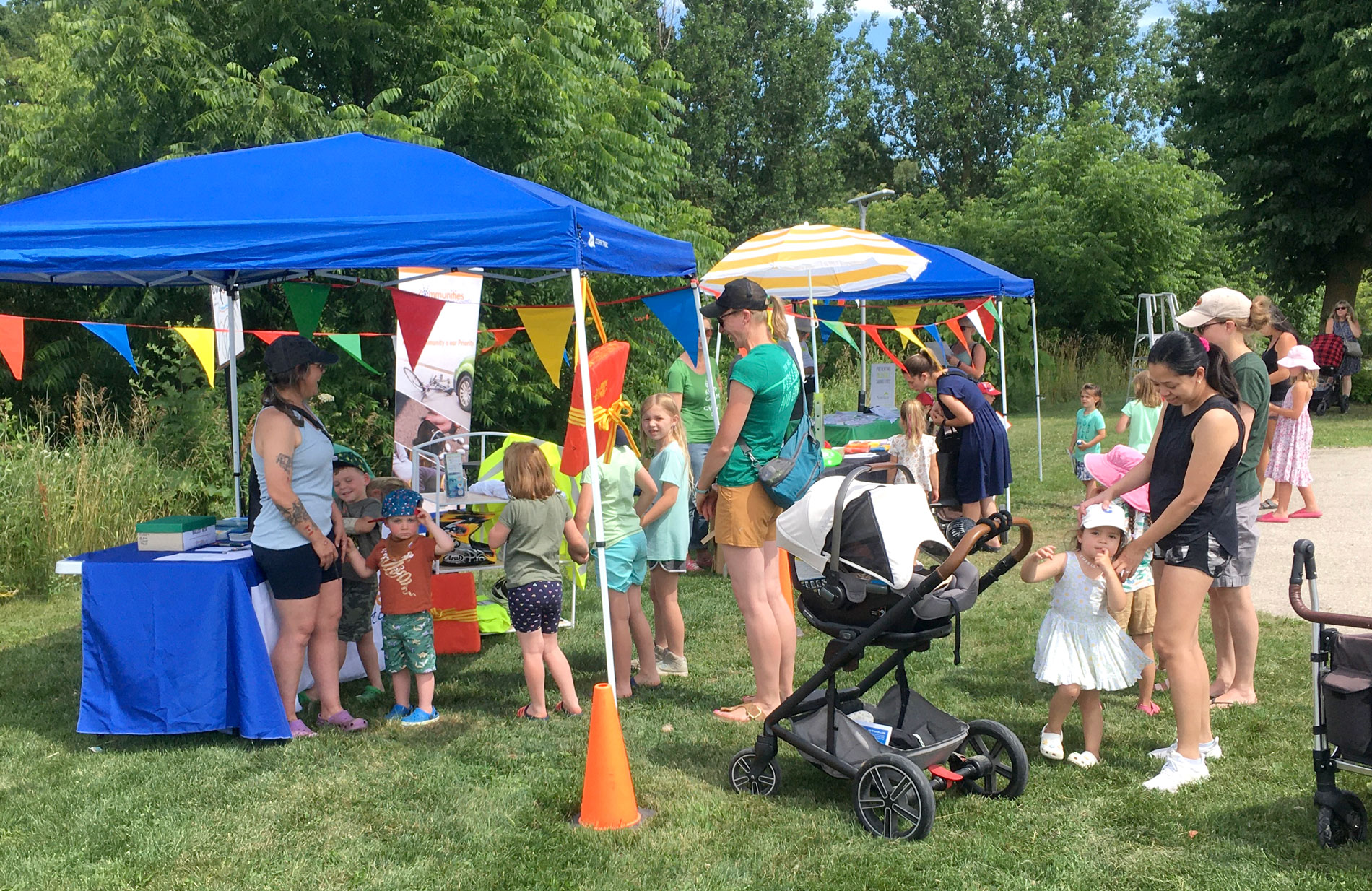MINTO – Gardening season is here! Gardening has many benefits including promoting heart health, flexibility, strength, and maintaining balance and coordination. It acts as a natural stress reliever, mood booster and improves cognitive function by keeping our minds and bodies engaged.
However, the constant bending, twisting, pulling, digging and weeding can also cause stress and strain on our muscles and joints. Using them after being inactive through the colder months can also make us vulnerable to injuries.
This article provides some tips on safe, healthy, and adaptive gardening so you can enjoy the sunshine with more ice in your glass than on your back!
#1. Stretching – Stretch before and after to warm up your muscles.
#2. Pick the right time of day – Try gardening in the early morning or early evening when it is cooler but still provides needed sunlight. This will be better for you and your plants!
#3. Manage your time and pace yourself – Begin with the most difficult task first and move to less as the day goes on or split up the work into sections. Take breaks frequently, it’s easy to lose track of time so set a timer if needed.
#4. Avoid repetitive movements and motions for too long – Alternate between tasks.
#5. Stay hydrated – Gardening is hard work and older adults are at an increased risk for heat related illness. Drink plenty of water before, during, and after gardening.
#6. Be sun safe – Wear a wide brim hat and sunglasses, opt for breathable light weight clothes and light colors that reflect the sun’s rays. Re-apply a broad spectrum sunscreen often with an SPF of 30 or higher.
#7. Choose the right plants – If gardening is becoming difficult swap out high maintenance plants for low maintenance. Plant perennials over annuals to reduce your labor in the garden. Something else to consider is container gardening.
#8. Protect your knees and back – the most common problems for gardeners. There are several things you can do to protect your knees and back:
– strap on knee pads;
– use the big muscles in your body to do the lifting – When lifting from the ground bend with your knees and push through your legs to lift;
– carry items close to your body;
– when lifting something heavier or higher do it in two motions. Don’t lift further than your waist in one motion;
– using a wheeled wagon is a great idea to transport items;
– instead of lifting a heavy bag of mulch for example, put into smaller loads;
– find a chair/stool suitable to your height to sit and work in the garden without hurting your back (kneeler benches are multifunctional);
– try raised or elevated garden beds – who says gardening has to be done on ground level? Have them built to a height of 28 or 30 inches with easy access to the bed centers;
– try seed tape, this can reduce repetitive strain.
#9. Use the right tools – Look for tools with ergonomic handles, comfortable or easy grip, long handled, or extendable tools. Choose strong and lightweight tools with long rubber handles to reduce stress on your joints. You can easily adjust your own tools by putting foam sleeves over the handles using pool noodles or pipe insulation (This is a great trick for people with arthritic hands).
#10. Address fall hazards – There can be lots of fall hazards in your yard. Keep your eye out and your yard clear of roots sticking up, branches, holes, and uneven spots on the porch. Replace gravel or stone pathways with solid surface material, use retractable hoses and/or bright colored tape on hoses.
#11. Involve others – Swap your gardening knowledge with neighbors or family for help with heavy lifting or digging. You can garden together to break tasks up. This can help you maintain your garden without overdoing it and makes a great way to spend quality time with others.
#12. Always keep a phone on you – A cell phone or medical alert device should be an accessary to any gardening outfit.
We hope these tips keep you and your garden healthy and happy this season. A kinesiologist can help you with increasing strength, endurance and balance, all of which are key for gardening. An occupational therapist can help you with a home visit, modifying or adapting your activity, environment, or make recommendations for tools or devices to keep you gardening despite any conditions or limitations you may have.
* * *
Alyson Cole is a registered dietitian at the Mount Forest Family Health Team.
For more information about free services offered by the Minto-Mapleton Family Health Team (MMFHT), visit mmfht.ca or call the Drayton/Palmerston office at 519-638-2110, Harriston office at 866-260-9672 or the Clifford office at 519-327-4777. Follow the MMFHT on Facebook for healthy living tips and information on upcoming programs and events in the area.




